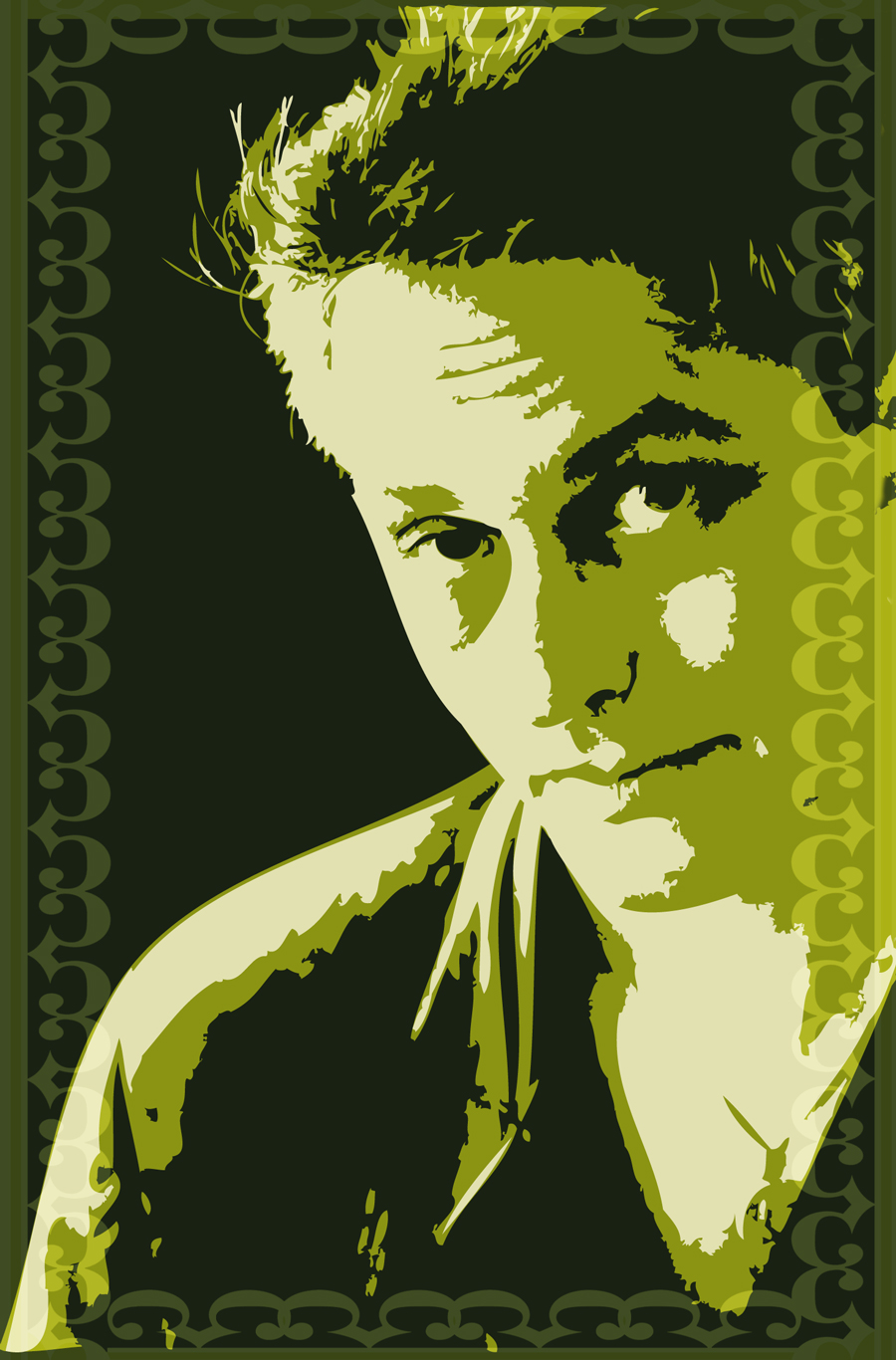Gigging with Marc Ribot
Marc Ribot (pronounced REE-bow) is many things. Early member of John Lurie’s ‘80s jazz-punks The Lounge Lizards, creator of the Jewish rock experimentalists The Rootless Cosmopolitans, supporting guitarist on pivotal albums by John Zorn, Tom Waits, and Elvis Costello, he’s played everything from Cuban rock to free jazz to ambient soundscapes. Now he’s writing soundtracks, getting ready to tour with T-Bone Burnett, and leading other musicians in speaking out against the war. It’s all part of a three-decade career at the center of New York’s downtown music scene and beyond. And it explains why the composer of “Yo, I Killed Your God” is one of the most thoughtful and least pretentious musicians in the business—he’s got nothing to prove. Below, Ribot clues us in to what makes music happen, why words are optional, and the meaning behind that sucking sound when water goes down the drain.

conduit: Can you comment a bit more on the function of music as ritual?
marc ribot: Without going on and on about the many functions of music, including, you know, to help people ice skate better, or to let people know that somebody’s hit a foul ball, or to let people know the horses are about to run—a lot of my bands are a spiritual unit. I’ve had an interest in Albert Ayler’s music and I’ve had an interest in punk rock. And what these things share is this idea of music as a ritual.
conduit: In what sense?
ribot: They all seem to say that it’s not really a question of presenting a completely polished aesthetic object. What they’re going for is a vibe in a room, to make something happen with the listeners. So the recording is more the artifact of the thing that was happening, the intensity that was happening in the room at that moment.
Albert Ayler was a free jazz saxophonist. The term free jazz is a misnomer in that people tend to associate it with the idea of doing whatever you want, but in fact every one of the great free jazz musicians developed a completely different method of improvising. In other words, not just a composition but a way of playing. So Albert Ayler had a bunch of techniques, but one is to make music as an event. And the records are these little artifacts of these events that took place in the room. So he was very much into music as ritual.
He completely reversed the kind of harmonic priorities of jazz. Instead of these complex harmonic compositions, he really simplified chords. It sounds a lot like marching band music, and I think he was inspired by that. The compositions are a diving board for improvising with some very wide parameters, very deep stuff. I mean, when you have a composition and you improvise off it. The question is, what’s the relation that creates a dialectic between composition and improvisation? Bebop has one answer, rock & roll has another answer, and Albert Ayler definitely had another answer. But the answer that all improvisers have in common, even the freest improvisers, is a type of faith that there will be a relation.
It’s a question of how conscious or unconscious it’ll be. The composer Peter Zummo once had a composition called Subway Dream Music in which you were supposed to try to ignore the other musicians and what they were playing. He was interested in the kind of relation between people standing in a subway car who pretend they’re unaware of each other but in fact have this relation.
conduit: Do you think improvisation plays an essential part in that relation?
ribot: Well, with Albert Ayler there are vastly different parameters of improvisation. But, yeah, I think you’re right, that’s another common element, although some punk rock bands don’t improvise at all. Of course, the ones that I like are improvising whether they know it or not. When you get to the low-fi and low chops department, it’s all an improvisation, which is kind of good.
conduit: You mean that folks who can’t play well end up creating their own methods to get around their limitations?
ribot: Yeah, a lot of the great punk rock bands had at least one or two members who were kind of wild cards musically. And you could say that’s an improvising tactic. I suppose the Ramones didn’t really improvise, though. Everybody did what they did, pretty much. Although there was an element of unpredictability, certainly it was more about compositions. Richard Hell and The Voidoids, on the other hand, certainly had some improvising going on. A lot of chance operations.

